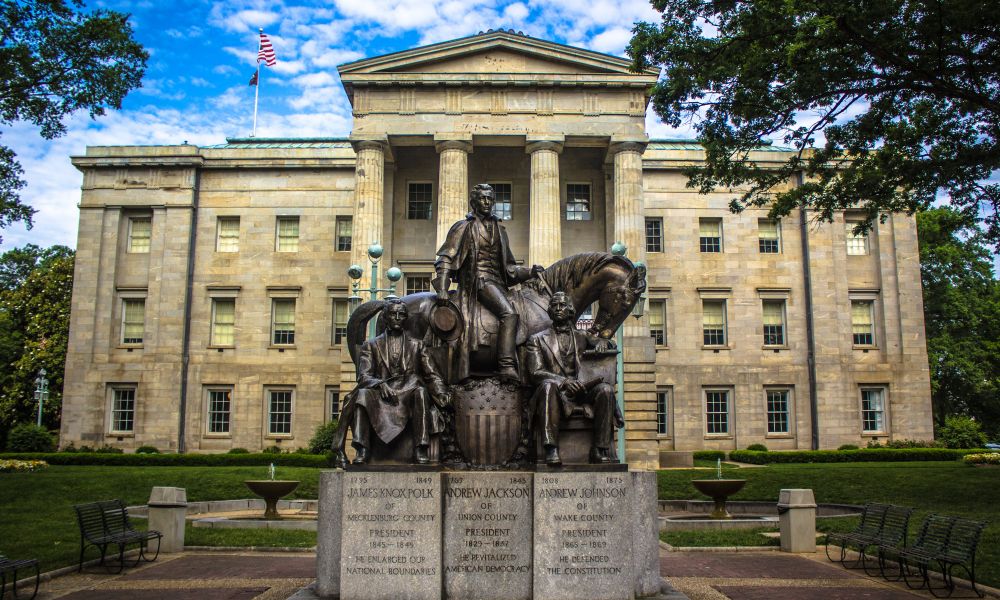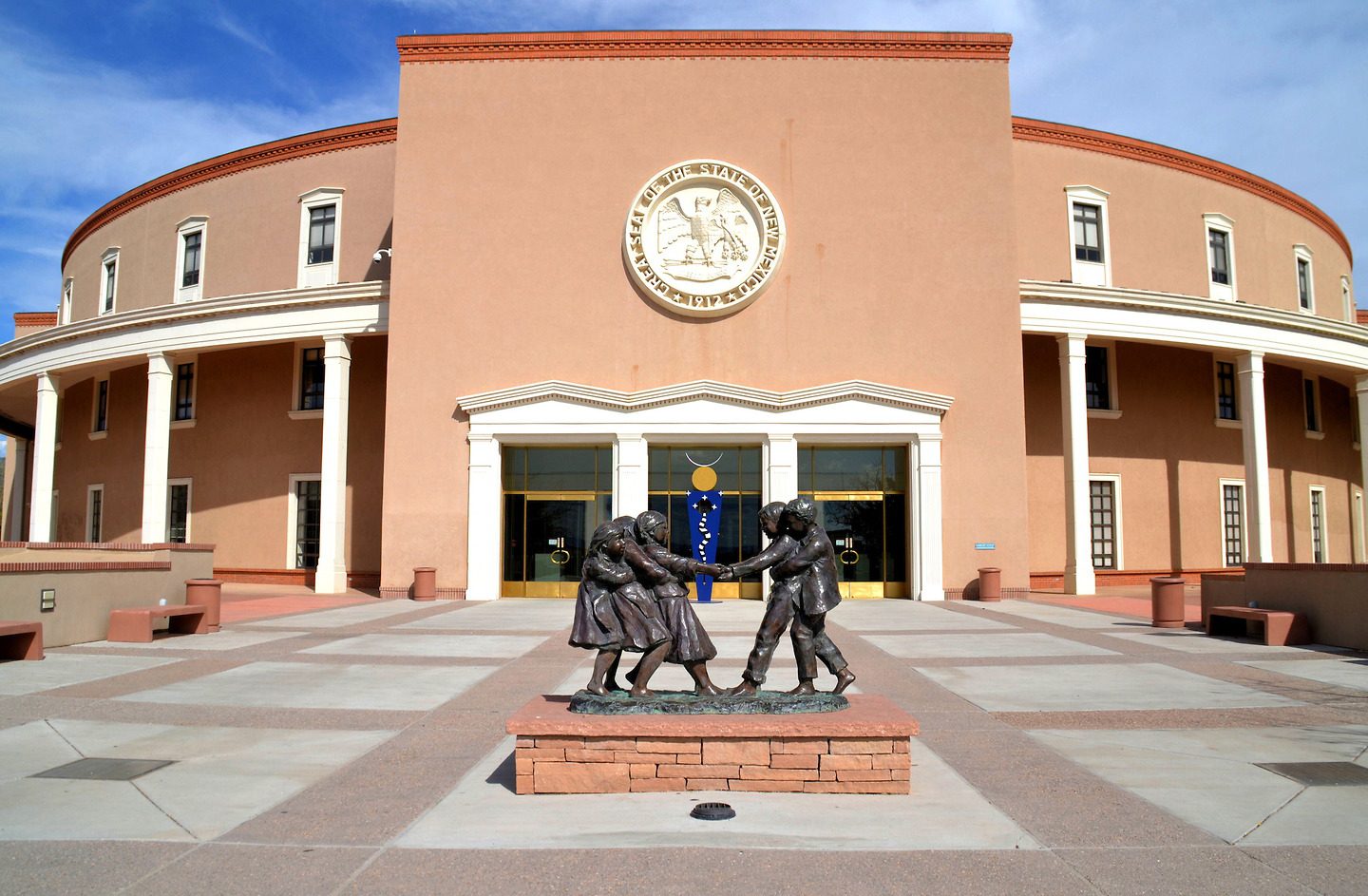Government accountability bill becomes law in North Carolina

The penalty for government corruption in North Carolina has increased under a new law signed by Gov. Roy Cooper.
Senate Bill 473 creates a new felony offense for public officials who benefit financially from their position. It requires local governments to garnish a public official’s wages if they owe money for unpaid county and city services. The measure also strengthens conflict-of-interest laws.
“Taxpayers deserve accountability and transparency from all public officials,” Cooper said in a statement.
SB 473 creates a Class H felony for an elected official “that solicits or receives personal financial gain from the political subdivision for which he or she serves by means of intimidation, undue influence, or misuse of the employees of that subdivision.” An elected official convicted under the measure could face four to 25 months in prison.
Sponsors and supporters of the bill said it will increase government transparency. State Auditor Beth Wood said the legislation would reduce abuse of power by local government officials.
An October audit by Wood’s office found from May 2017 through January 2018, East Laurinburg’s former finance officer wrote 13 checks from the town’s bank account totaling $2,674 to pay utilities at her home. She signed the checks herself, and her mother, a commissioner, signed 11 of the checks. The finance officer also spent $8,542 from the town’s bank account without providing supporting documentation, including four checks to herself, totaling $585 for additional time worked and $880 for supplies.
In another instance, Rocky Mount city officials blocked the city from collecting more than $47,700 in utility bills a city council member owed, according to a May 2020 report by the state auditor’s office. The city manager violated the city’s travel policy, resulting in more than $1,500 in unapproved travel expenses. The audit also found mismanagement and overspending in the city’s programs, costing taxpayers more than $60,000.
The bill requires the state auditor to notify the Local Government Commission (LGC) when an audit report results from an investigation involving local governments. It allows the LGC to be involved in that local government’s audit process for up to three years after the release of an investigative report. SB 473 also clarifies when public officials must recuse themselves from the approval process for a nonprofit contract they are associated with.
“This is a great step forward in holding elected officials accountable and ensuring that taxpayers aren’t footing the bill for wrongdoing,” said Sen. Lisa Barnes, R-Nash, who sponsored the bill. “Elected officials should not be given special treatment just because of their title or office.”
The law became effective immediately upon Cooper’s signature Thursday.
This article was originally posted on Government accountability bill becomes law in North Carolina



